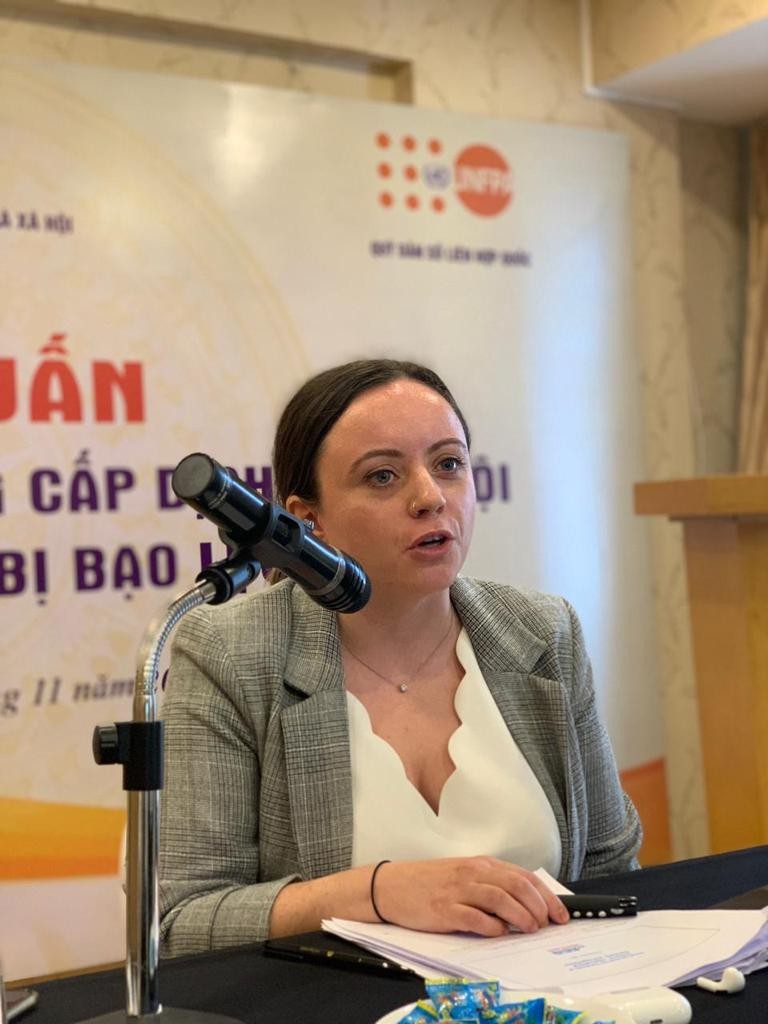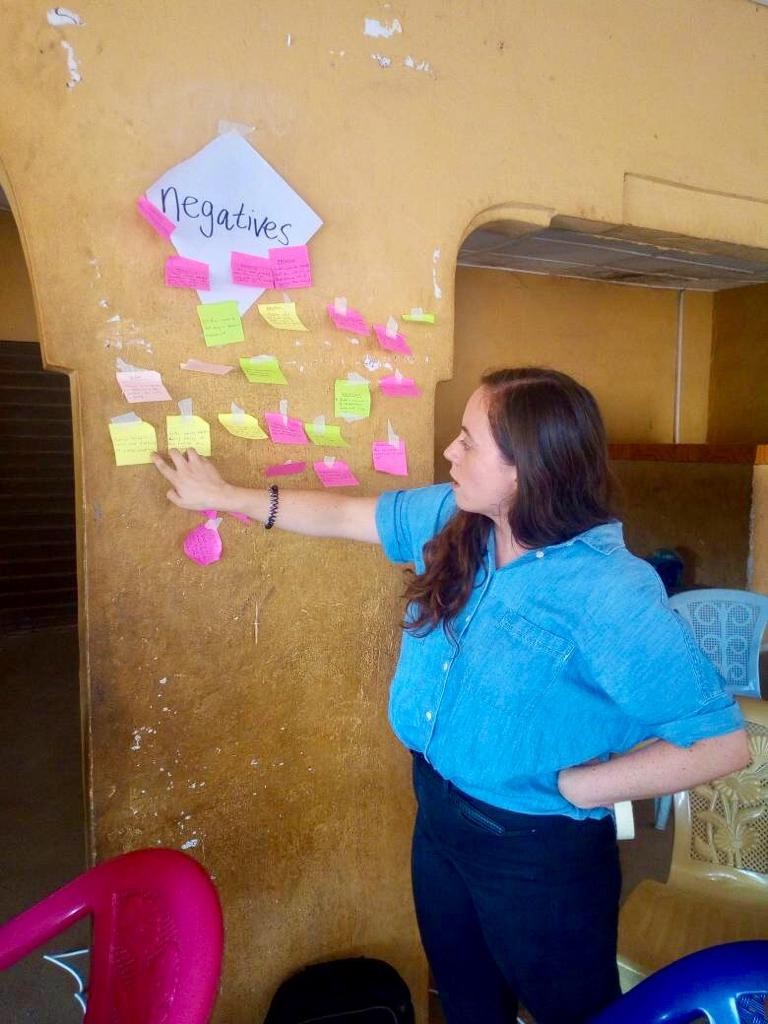“I should always be working myself out of a job. I think that might be true about social work across the board, but particularly in development work. Taking the time and making sure that I’m doing what I can to build up those around me is what I try to do.”
O’Leary envisioned the difference a full-time social worker could make in the lives of her students and resolved to look into the helping profession. She loved teaching, she says, but wanted to find a career that better-suited her skill set. “I knew that international was something I was looking for and I knew that I wanted to do social work, but I wasn’t sure how to bring those two together,” O’Leary recalls. “And then I found the BC global program and I was like, ‘Oh, this exists, this is great, this is what I want.’”
One of her most formative experiences came as a result of a connection she made at BC. During her fieldwork for ChildFund, she emailed Thomas Crea, a professor who chairs the global practice program, and asked him to send her some primers on qualitative data analysis. O’Leary was constantly drawing on the “Program Evaluation” course that she had taken with Crea and wanted to make sure that she had the tools she needed for her training workshop.
After that, O’Leary and Crea kept in touch. O’Leary graduated and returned to Freetown to work for BCSSW’s Research Program on Children and Adversity, where she trained non-specialists to deliver a mental health intervention to youth who had been exposed to violence. Crea received a $2.6 million grant from the National Institute of Child Health and Human Development to study the long-term social, physical, and mental health of children who were exposed to Ebola in Sierra Leone and suggested O’Leary apply for the position of project manager.
O’Leary got the job and, she says, set about “getting the project off the ground.” Her responsibilities ranged from coordinating partnerships with local organizations and training a team of six local research assistants to overseeing qualitative data collection and presenting initial findings to members of the Ministry of Health and Sanitation.
She says she formed a particularly important partnership with the Sierra Leone Association of Ebola Survivors, a volunteer organization that advocates the needs of people who survived the disease. At least one member of the association was present at each data collection site, lending credence to the project.
“That was really validating for a lot of the participants,” says O’Leary, whose collaboration with the nonprofit was of a piece with her commitment to working with community members to solve pressing social problems. “The part I like most about being a social worker in a global context is maintaining the social justice framework,” she adds, “and making sure that it’s always present in my mind.”




